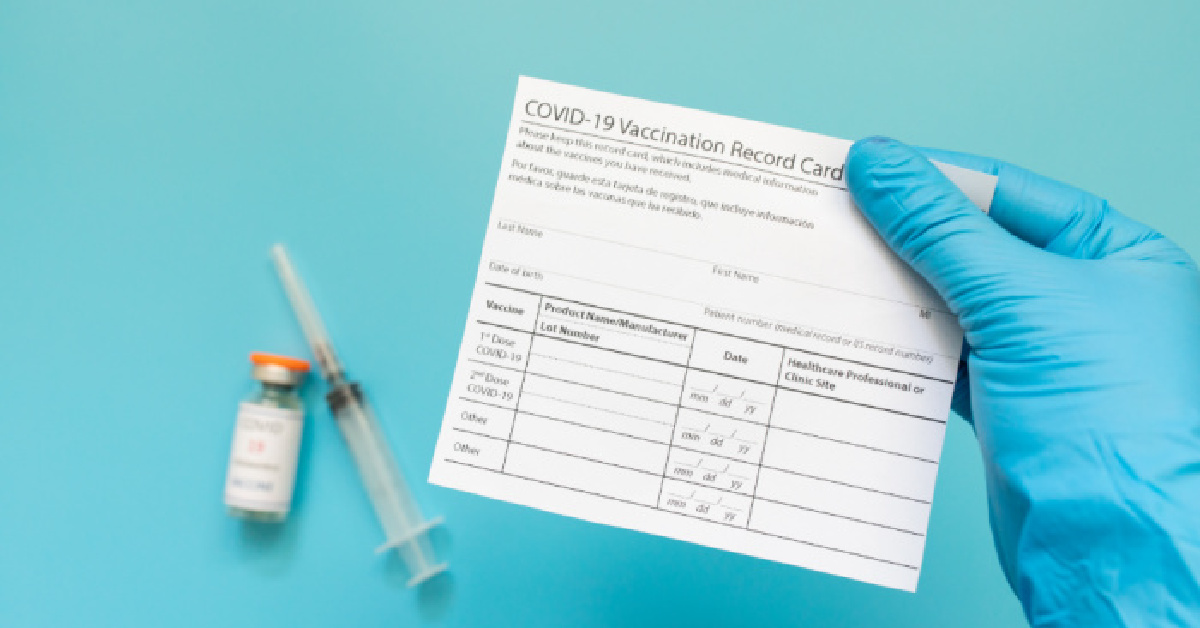Important Essential Oil Benefits and Uses – How Do They Work {Aromatherapy}
From helping relieve stress and anxiety to reducing headaches and migraines, essential oils have many health benefits. But what exactly are these concentrated plant-based oils, and are they worth your money?
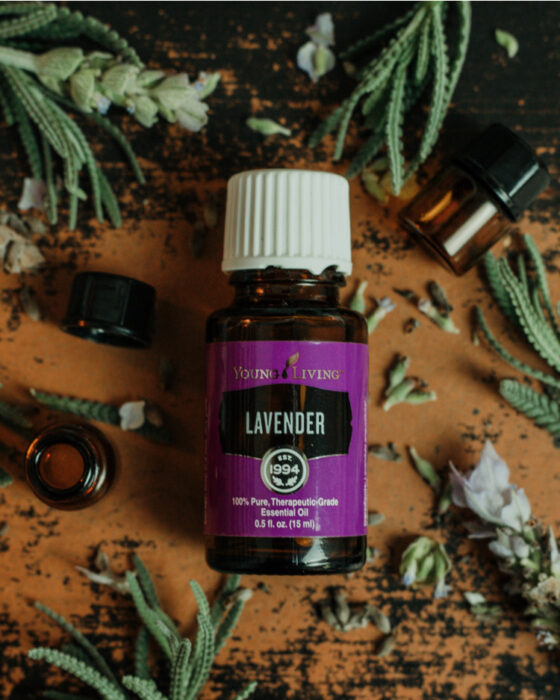
Stick with me until the end of this article as we look at what the essential oils are, how they work, and the benefits of essential oils.
What are essential oils?
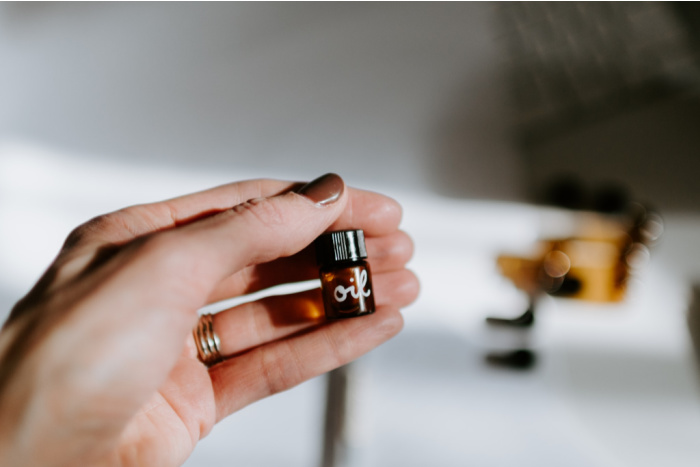
Essential oils are concentrated plant extracts. They’re obtained by pressing or steaming various plant parts, including leaves, bark, flowers, or fruit, to extract the compounds that produce fragrance.
There are so many essential oil benefits that it only makes sense to use them daily.
It takes lots of plant material to make essential oil. For instance, about 5,000 pounds of rose petals are needed to make 1 pound of rose essential oil. That’s like, a lot of roses.
How do essential oils work?
Essential oils work by affecting your limbic system, a small part of your brain responsible for memories, emotions, and stimulation.
Although they are considered alternative medicine, the limbic system comprises the hypothalamus, the amygdala, the thalamus, and the hippocampus.
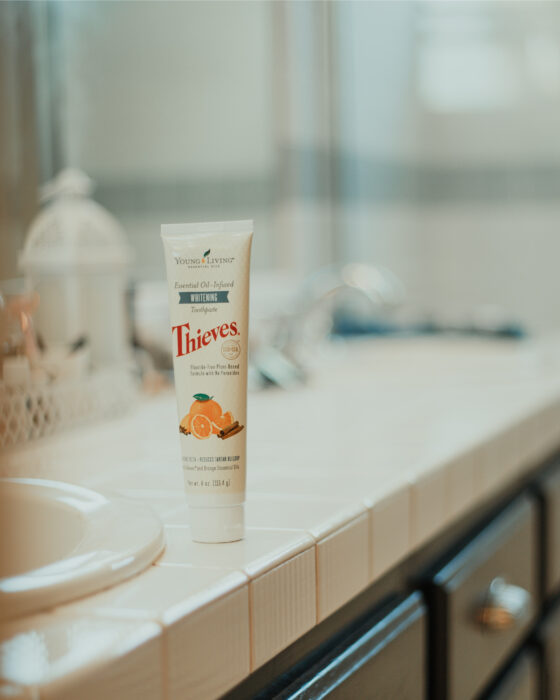
When you inhale essential oils, they mainly affect the hypothalamus and the amygdala. As a result, they stimulate the release of hormones that makes the body respond appropriately.
For instance, lavender oil will give a relaxing effect that allows you to fall asleep, a reaction produced by the limbic system when you inhale the lavender vapor.
How to use essential oils
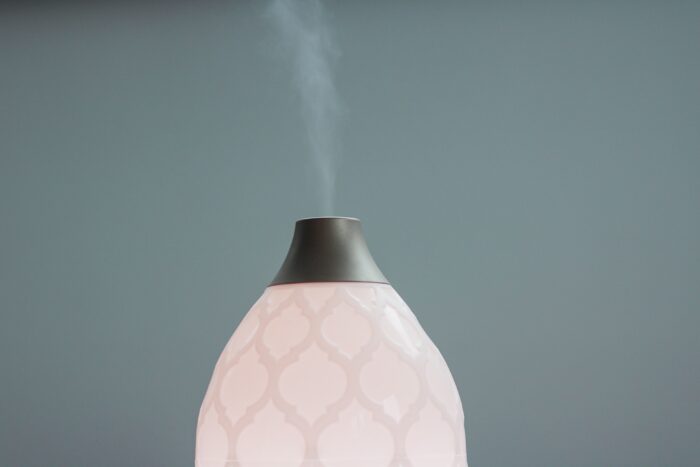
Because the essential oils are so strong, experts recommend using them in small quantities. People are also advised to use them routinely to prevent their bodies from developing resistance towards them.
Just as there are many different ways of drug administration, and so is the same for essential oils use.
Essential oils work in three different ways, including:
Aromatherapy
Aromatherapy involves smelling essential oils to enhance health. It’s among the best ways to improve your mood. As you inhale the oil’s aroma, the scent molecules move from the olfactory nerves to the brain and stimulate your central nervous system, particularly the amygdala, triggering an emotional response. This reduces panic attacks, stress, or anxiety.
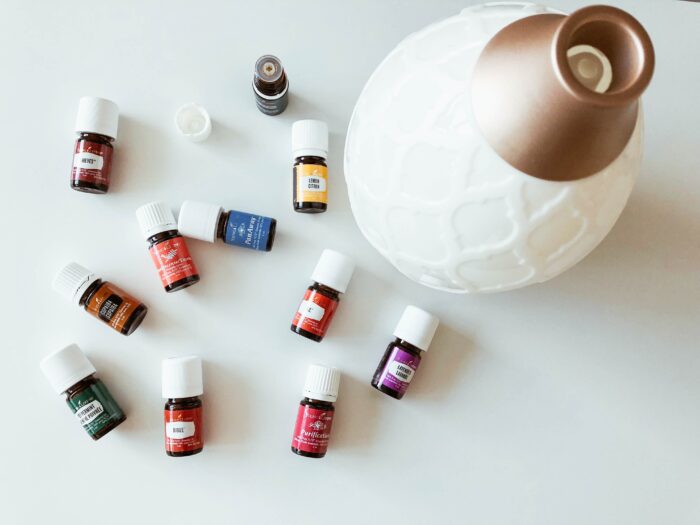
Usually, there are several methods of administering aromatherapy, including:
- The diffuser method: Involves using an essential oil diffuser to expose the oil’s fragrance to an individual. Usually, the essential oils are mixed with water in a diffuser, which is then turned on to disperse oil particles around the room.
- The old-fashioned way: This involves taking deep breaths of the oil’s aroma after opening the containers in which it is stored.
- Steam inhalation: With this method, you put few drops of the essential oil in hot water and then inhale the steam that comes from it – usually in an enclosed space. (They even make a shower head that diffuses essential oils right into your bathtub.)
- Dry evaporation: Here, you put few drops of the essential oil on a cotton ball and smell the aroma as it evaporates.
Whichever method you choose to use, experts advise that you avoid direct contact with the essential oil.
Also, it’s important to note that aromatherapy may not be effective for older adults with dementia or behavioral problems. This is because the sense of smell tends to disappear as people age.
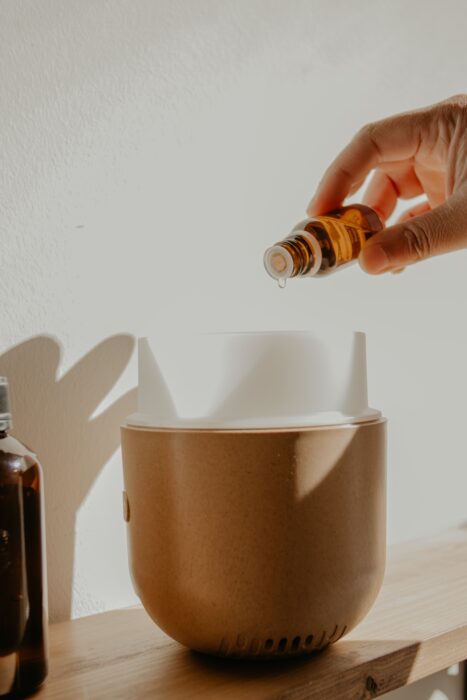
Ingestion
The essential oils may also be consumed orally in supplements, teas, or putting a drop of essential oil on the tongue. However, physicians advise against ingestion of essential oils unless directed by trained herbalists.
This is because a single drop of the essential oil contains a lot of plat material that can affect the mucous membranes in your mouth.
Topical application
Lastly, you can use the essential oils of your choice by applying them directly to your skin. This method is also not encouraged because these oils are potent and could lead to skin irritations.
To avoid skin irritations and maximize the efficiency of essential oils, you can use a carrier oil. Carrier oils dilute the essential oils making them less potent and easy to carry into the skin.
Carrier oils are recommended because they work well without interfering with the therapeutic properties of essential oils. Besides, they help nourish your skin. Some common carrier oils include; jojoba oil, avocado oil, olive oil, to name a few.
Health benefits
Even though diverse individuals worldwide widely use essential oils, not much is known about their ability to treat specific health conditions. To help people understand the benefits, clinical trials have been carried out that show a positive relationship between these oils and health outcomes. Below are some of the essential oils’ health benefits:
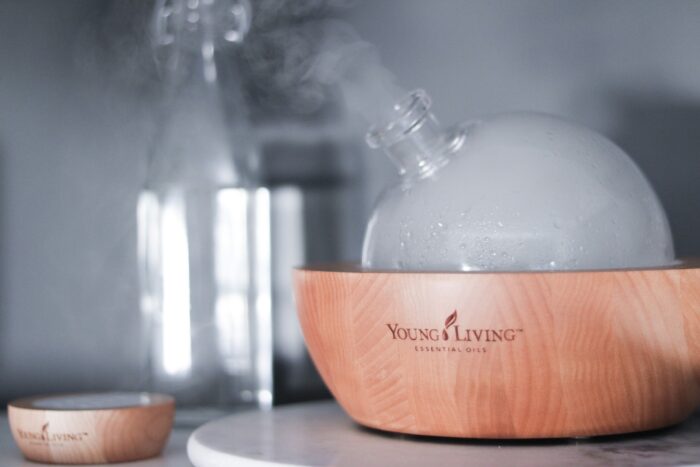
1. Stress and anxiety
Stress and anxiety affect many individuals. In fact, research indicates that about 70% of adults in the United States are either stressed or have anxiety disorder daily.
And as people strive to find alternative medicines to relieve stress or anxiety, essential oils emerge as the best option. For instance, research shows aromatherapy can be used alongside other conventional therapy to treat anxiety and stress.
My favorite essential oil to use when I am stressed out is peace and calming. You can get it here.
Also, massage therapists have been using essential oils to relieve stress in their customers – and it has been working magic.
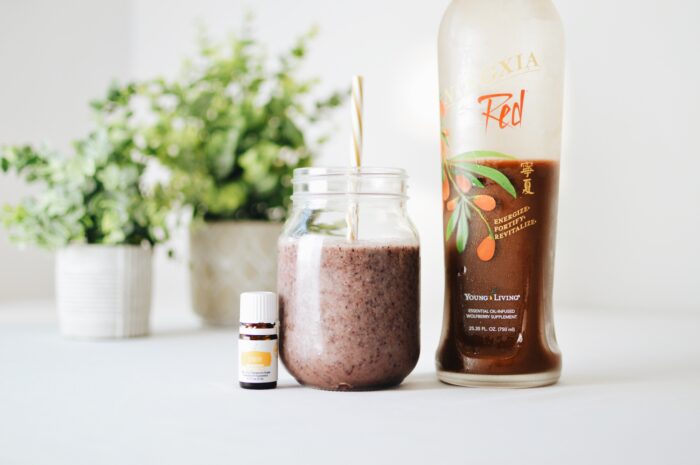
2. Headaches and migraines
For years, essential oils have been used effectively to manage headaches and migraines. For instance, in the ’90s, physicians would mix peppermint oil and ethanol and apply the mixture on participants’ foreheads to relieve headaches.
Recent studies also found out that applying peppermint and lavender oil to the skin helped reduce headache pain. Others have suggested that sesame and chamomile oils can also treat migraines and headaches.
However, more high-quality research works and clinical trials are needed to cement this evidence.
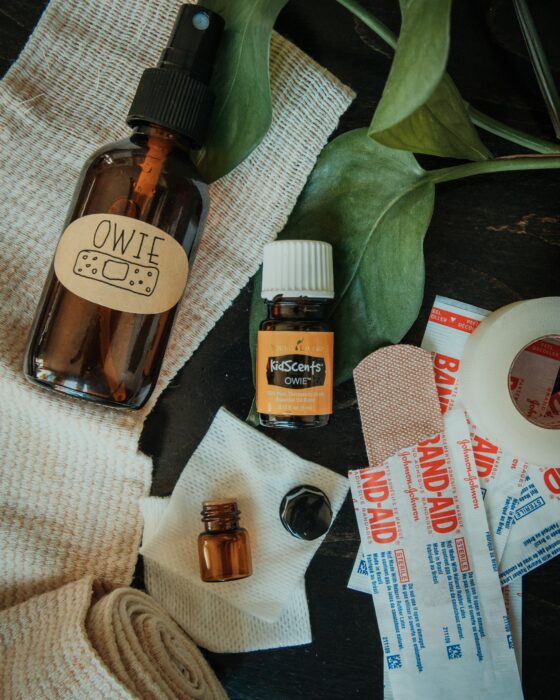
3. Sleep and insomnia
Among the health vital benefits of the essential oils is to improve the quality of sleep for individuals. Research shows that aromatherapy involving lavender essential oil enhances the quality of sleep for women after childbirth. The same applies to individuals with heart diseases.
Some other oils that have been shown to improve individuals’ sleep include:
Nevertheless, in-depth research is needed to confirm the applicability of these essential oils to improve sleep and reduce insomnia.
4. Reducing inflammation
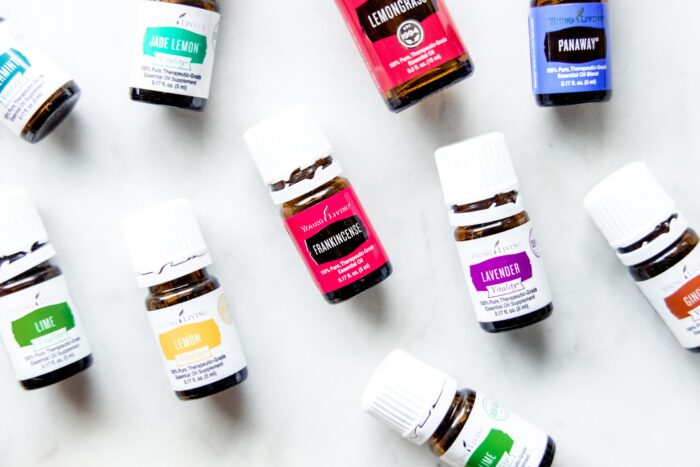
Inflammation is good for the body. It is the means through which your body fights invaders that may cause infection. However, excessive inflammation tires out your immune system, which may be a problem for your body.
Essential oils are high in antioxidants that help to fight inflammatory conditions in your body. Antioxidants counteract the oxidative damage caused by free radicals, thereby reducing inflammation and enhancing circulation. For example, a research study found that ingesting oregano and thyme essential oils helps induce colitis remission.
Still, experts advise against applying the essential oils over broken or irritated skin, as it would cause more inflammation, skin rashes, or other allergic reactions for some individuals.
5. Antimicrobial and antibiotic
As bacteria continue to evolve and become antibiotic-resistant, researchers are continually looking for compounds that can help fight bacterial infections.
Over time, researchers have found that peppermint and tea tree oils are can be used as alternatives to antibiotics.
Which Essential Oils Are Best?
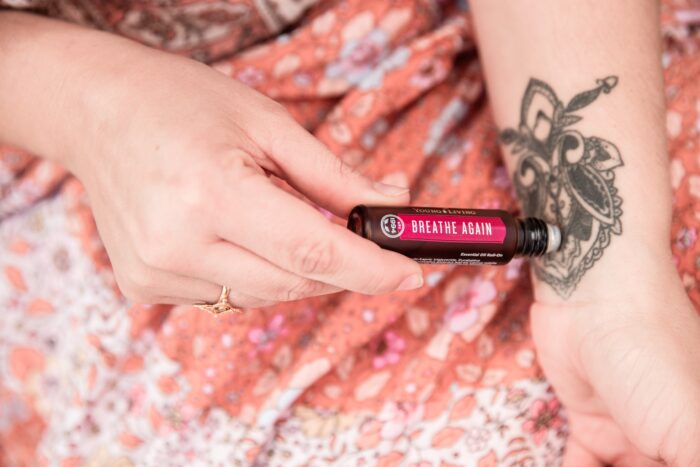
There are countless essential oils out there, all with different scents and properties hence varying effects on the body. You want to select the right essential oil based on your symptoms. So here are some of the best essential oils to look out for.
- Black pepper-Stimulates blood circulation and relieve muscle pain, aches, and bruises. When mixed with ginger essential oil, black pepper oil can decrease arthritis pain.
- Lavender oil- It has a soothing and relaxing effect ideal to relieve stress, anxiety and promote sleep. Besides, it has antiseptic properties hence can be used for cuts and burns.
- Lemon oil- A commonly used citrus oil whose scent is believed to boost mood and energy. It also promotes weight loss.
- Tea tree- Believed to have antiseptic, antimicrobial, and disinfectant properties. As such, Tea tree oil is used to make skincare products, shampoos and other related beauty products that treat acne and burns. Besides, it has antifungal capabilities and is, therefore, perfect for preventing fungal infections.
- Thyme oil– Inflammation is among the leading causes of aging and hair loss. Research indicates that thyme contains anti-inflammatory properties that aid in slowing down hair loss by preventing inflammation in the follicles.
- Ylang-ylang- Commonly used as a pain reliever. It also helps to improve mood, boost libido and reduce inflammation. Research also indicates it can help lower blood pressure.
You can find these oils and more here.
Choosing the right essential oil

Many companies claim they have “pure” or “medical grade” essential oils. But these terms are not universally accepted and should carry little weight.
And since this industry is highly unregulated, essential oils’ quality and chemical composition are likely to vary a lot (43Trusted Source).
So always be keen when choosing the right essential oil. Here are top tips you should keep in mind to pick high-quality oils:
- Purity: Oils that have aromatic plant compounds are the most preferred. Always settle for oils that have no additives or synthetic oils. Similarly, the names should be listed using their botanical names (such as Lavandula officinalis) instead of “essential oil of lavender.”
- Quality: The fewer the changes an essential oil has to go through during the extraction process, the more quality it is. The best quality oils are extracted through mechanical cold pressing or distillation and should be free from chemicals.
- Reputation: Always buy your essential oils from reputable brands. Such brands are more likely to produce quality products as they have a brand name to protect.
I just buy all of mine here so I don’t have to worry about any of that.
Safety and Possible side effects
As mentioned earlier, some essential oils are potent and may cause side effects such as irritation or allergic reactions. However, if taken as directed, including using the right administration methods, these oils only have a few and mild side effects.
Side effects of aromatherapy
For the most part, inhaling or aromatherapy is the safest method of using essential oils. Few people report minor side effects such as headache, shortness of breath, nausea, cough, and throat burning, which resolves shortly after the scent becomes undetectable.
Side effects of Topical application
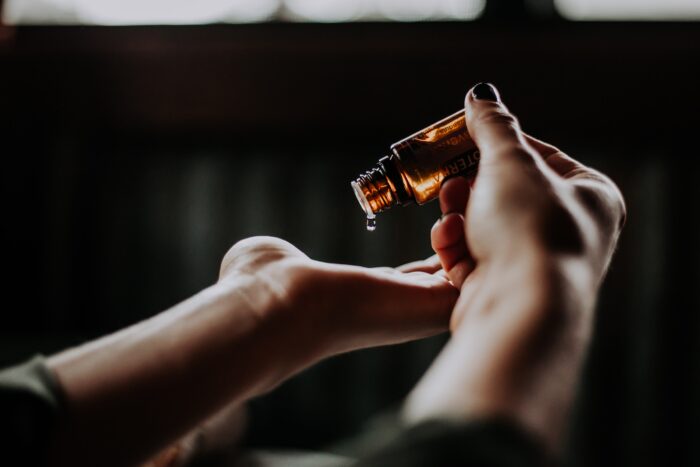
Topical application is also safe, depending on the essential oil used. Some common side effects associated with the topical application include; skin irritation and burns, and contact dermatitis. Other oils like lemon, tangerine, and grapefruit increase photosensitivity, making your skin vulnerable to sunburns. So before applying an essential oil through the skin, a patch test has to be conducted to determine your sensitivity to it.
Side effects associated with ingestion
Compared to the two methods, ingestion is not safe, and it highly depends on the type of oil. Some oils can be toxic and result in side effects like slow breathing, drowsiness, and even a coma in the case of large ingestion. Only take essential oils approved by the FDA or even under medical supervision to avoid these side effects. Also, don’t take large amounts of oil.
Essential oils can also cause irritation, burns, and pains to your eyes and mucous membranes. If the oil gets into your eyes or mucous membrane, dilute it with a carrier oil and flush with warm water.
Safety concerns for people with certain conditions
Generally, people with certain conditions must be cautious when using essential oils. Some of these conditions include;
- Hypertension/High blood pressure; avoid stimulant essential oils like rosemary
- Allergies
- Asthma
- Skin conditions like eczema
- Epilepsy
People who are on medication must also consult their physician before using essential oils.
Oils to Avoid in Pregnancy
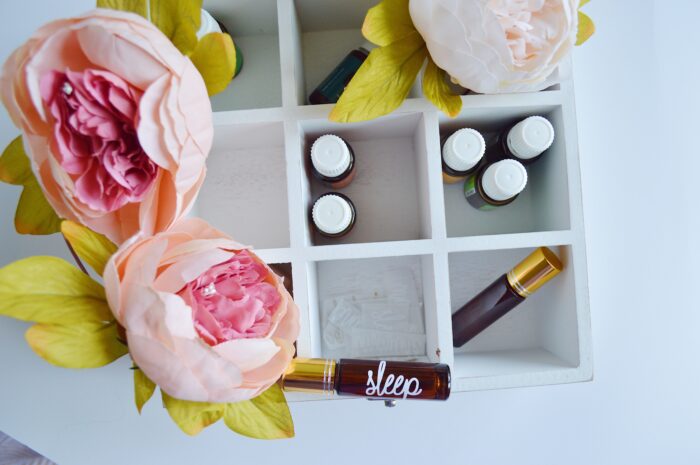
Pregnant women should be cautious about the essential oils they use. In fact, the International Federation of Professional Aromatherapists has an aromatherapy and pregnancy guideline that outlines the essential oils that pregnant women must avoid. They include;
- Aniseed
- Clove
- Cinnamon
- Cumin
- Fennel
- Oregano
- Sage
- Sweet Birch
- Thyme
- Wintergreen
Equally, you should avoid using these oils in breathing devices, including humidifiers and CPAP machines.
Looking for pregnancy safe essential oils? Click here.
The bottom line
Essential oils can alleviate symptoms of several conditions, including insomnia and other physical and emotional ailments. For other people, they are a safe and effective way to uplift moods and make them feel good.
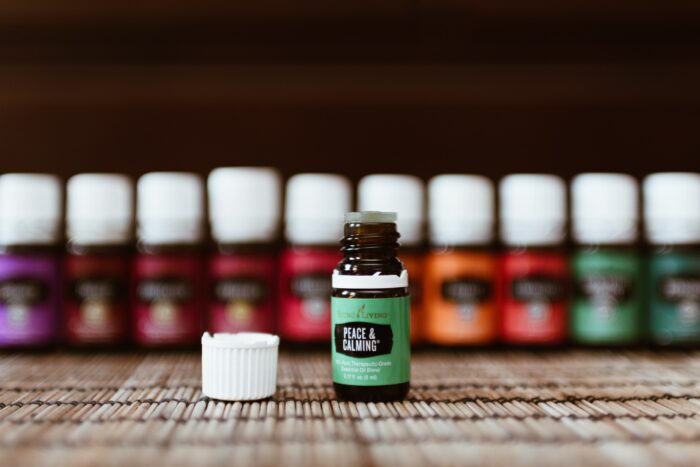
Whatever your use, essential oils must be used correctly to produce the desired results and avoid any side effects. It is prudent to talk to a healthcare practitioner to ascertain your health and how to incorporate essential oils into your lifestyle.





